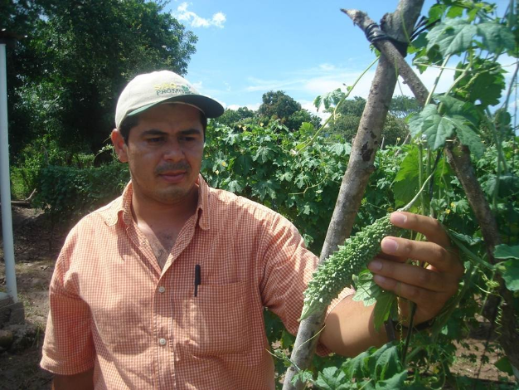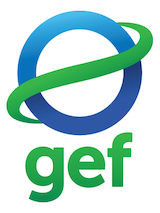Honduras' Second National Communication
Project Overview
The creation of a National Communication offers countries the opportunity to contribute with technically sound studies and information that can be used for designing mitigation and adaptation measures, and project proposals that can and will help increase their resilience to the impacts of climate change. Activities generally include: V&A assessments, Greenhouse Gas Inventory preparation, Mitigation Analysis or Education, and awareness raising activities. The ultimate goal is the integration of climate change considerations into relevant social, economic and environmental policies and actions.
Honduras is considered to be highly vulnerable to a range of current and future climatic risks. The Central American country is already experiencing rising temperatures and increasing variability in rainfall. There have been prolonged and more intense droughts in southern and eastern regions, as well as more intense rainfall events in northern areas. Cyclonic activity over the Atlantic has increased and sea levels are rising. Most of these tendencies, and several others, are expected to worsen with ongoing climate change.
Project Details
Key Results and Outputs
- Sustainable development and the integration of climate change concerns into medium- and long-term planning
- Inventories of anthropogenic emissions by sources and removals by sinks of greenhouse gases
- Measures contributing to addressing climate change
- Research and systematic observation
- Climate change impacts, adaptation measures and response strategies
- Education, training and public awareness
Potential Adaptation Measures:
Agriculture and Food Security
- Educational & outreach activities to change management practices to those suited to climate change
- Switch to different cultivars
- Enhance irrigation efficiency and/or expand irrigation
- Agricultural research and transfer of technology
Water Resources
- Improve or develop water management
Coastal Zones and Marine Ecosystems
- Develop Integrated Coastal Zone Management
- Develop planning/new investment requirements
- Protect, including building sea walls, and beach nourishment
- Research/monitor the coastal ecosystem
Monitoring and Evaluation
In 1992, countries joined an international treaty, the United Nations Framework Convention on Climate Change, to cooperatively consider what they could do to limit average global temperature increases and the resulting climate change, and to cope with whatever impacts were, by then, inevitable.
Parties to the Convention must submit national reports on implementation of the Convention to the Conference of the Parties (COP). The required contents of national communications and the timetable for their submission are different for Annex I and non-Annex I Parties. This is in accordance with the principle of "common but differentiated responsibilities" enshrined in the Convention.
The core elements of the national communications for both Annex I and non-Annex I Parties are information on emissions and removals of greenhouse gases (GHGs) and details of the activities a Party has undertaken to implement the Convention. National communications usually contain information on national circumstances, vulnerability assessment, financial resources and transfer of technology, and education, training and public awareness.
Since 1994, governments have invested significant time and resources in the preparation, collection and validation of data on GHG emissions, and the COP has made determined efforts to improve the quality and consistency of the data, which are ensured by established guidelines for reporting. Non-Annex I Parties receive financial and technical assistance in preparing their national communications, facilitated by the UNFCCC secretariat.



